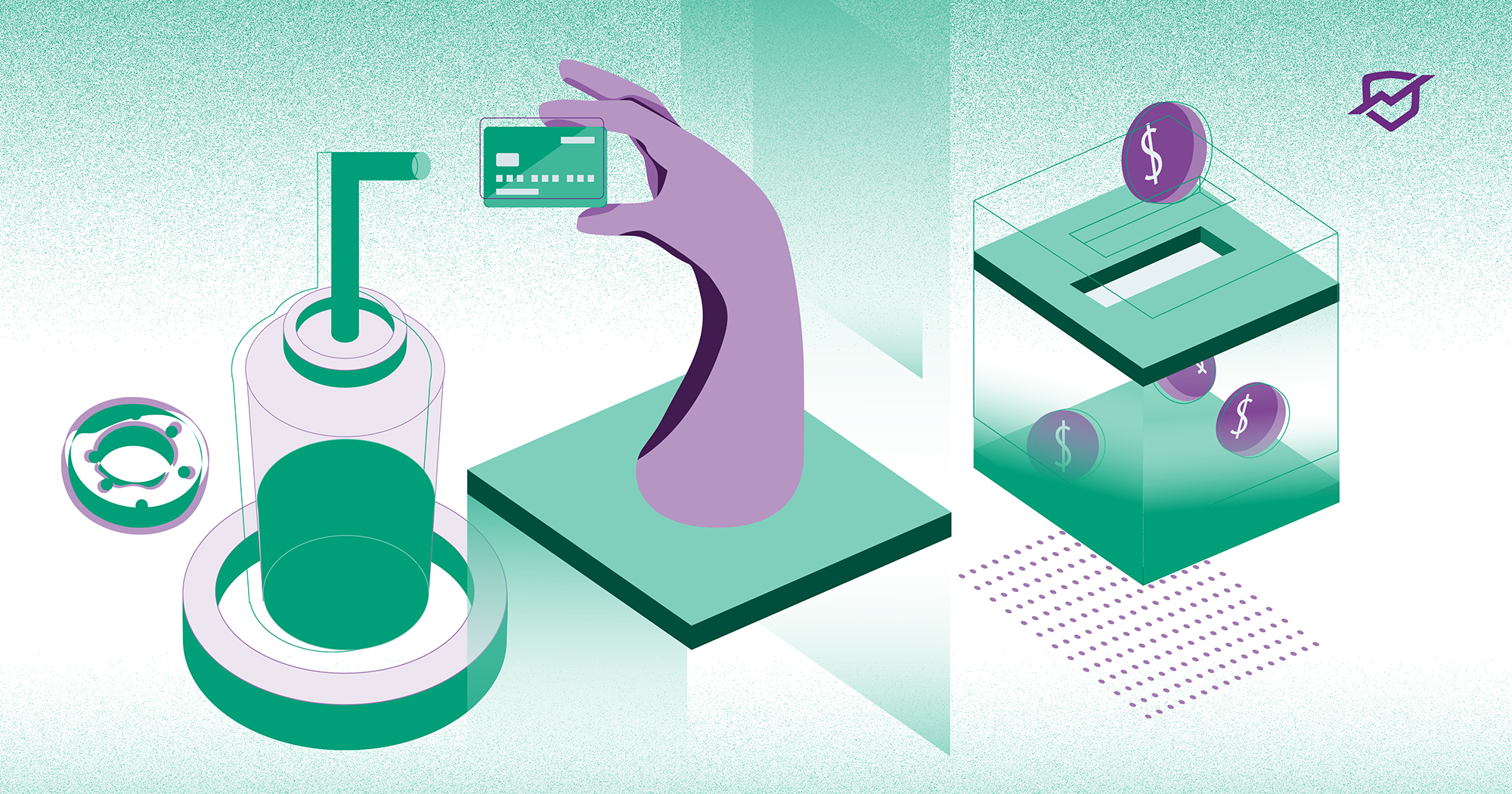
It’s all well and good to be told positive changes you can make in your financial life, but if you fail to recognize what your vices are, it’s going to be a lot harder to see any progress. A vice is the opposite of a virtue. It is a habit that is considered to be negative or generally destructive. To adapt this into a financial context though, a “financial vice” is simply some money habit that goes against what you would like to achieve.
Sometimes identifying a vice can be difficult because it feels almost natural. Stopping for a cup of coffee at the expensive shop around the corner, for instance, is not exactly going to classify you as unscrupulous, but in the financial context, it can be considered a vice because it contributes to the slow drain of your finances towards things that do not advance your goals. However a vice isn’t born from any old expense. If your weekly treat from the bakery brings you joy and fulfillment, then that is still a part of your financial wellbeing. It only becomes a vice once it stops servicing your happiness and your goals.
For some, buying clothes, shoes or handbags classifies as a vice, while for others spending on technology gadgets or eating out can be a major financial vice. Simply speaking, a financial vice is any activity or purchase that happens regularly enough for it to be considered a habit and that has an adverse effect on your pocket.
Habits are difficult to break because they have worked their way into what is considered accepted, easy and normal. It can feel like a huge task to wake up early enough to make your coffee at home and take it with you if you are accustomed to popping into the coffee shop before you head to work. By changing that one simple thing though you may be able to save roughly $5 per cup. If you get a cup of coffee every day before work, you’d be saving upwards of $1200 over the course of a year.
But how can you control your financial vices? There are a few steps to take if you want to curb them.
It can be hard to know what your financial vices are when you’re just seeing your bank balance go up and down throughout the month. What you need to do is categorize your spending — this can be done on a spreadsheet, with online tools like PocketSmith, or even with pen and paper. Take a look at each transaction and put them into categories. Add the categories up for the month and see what you’re spending money on. Perhaps you spend a lot of money on impulse buys when you’re in the grocery store or extra streaming services that you don’t really need. Once you can identify what your spending habits are, you can work on cutting some of the bad ones out of your life and begin to save money.
Most people have a lot of financial vices, and it can be incredibly difficult to go from getting a little bit of joy from each of them to cutting them out of your life all at once. You should list out what your financial vices are (e.g. coffee, takeout, Netflix) and decide which ones are most important to you. Look at how much money you’ve spent on each of them over a set time period, see what’s costing you the most, and also what would cost you the most to give up. Maybe the coffee is the most expensive vice you have but it also gives you the most enjoyment. Choose one of the vices that will be easiest for you to cut out of your life and start with that.
Financial vices survive because it is easy to access cash or credit to fund the bad habit. If you want to stop spending on a particular item you need to make it difficult to get the money to spend. If you know that you are leaving the house to get something specific, take only enough money to cover your purchase and leave your credit cards behind.
If you are trying to eat out less, practice preparing meals in advance or freezing extra portions that you can have during the week. If you need to start spending less on entertainment you can make a conscious effort to do things that are either free or cheap. Or if you’re thinking about your next holiday, consider taking a budget break in your backyard instead of a luxury escape to still get that break you deserve.
Another way to curb spending on your financial vice is to calculate how much you would ordinarily spend on your vice for the week or month and transfer this lump sum amount out of your current account at the start of the period. This way you don’t have access to the money to fund it.
Finally, you can benefit from revisiting your goals. This acts as a real reminder of what is important to you and also puts your budget into perspective. Instead of setting goals and looking at them every three months, be sure to track your progress monthly or even weekly if this makes sense for your goal and your income.
A financial vice might be difficult to control in the beginning but with the right attitude and a concerted effort, you can change the course of your financial path for the better and stop being a slave to your spending habits.